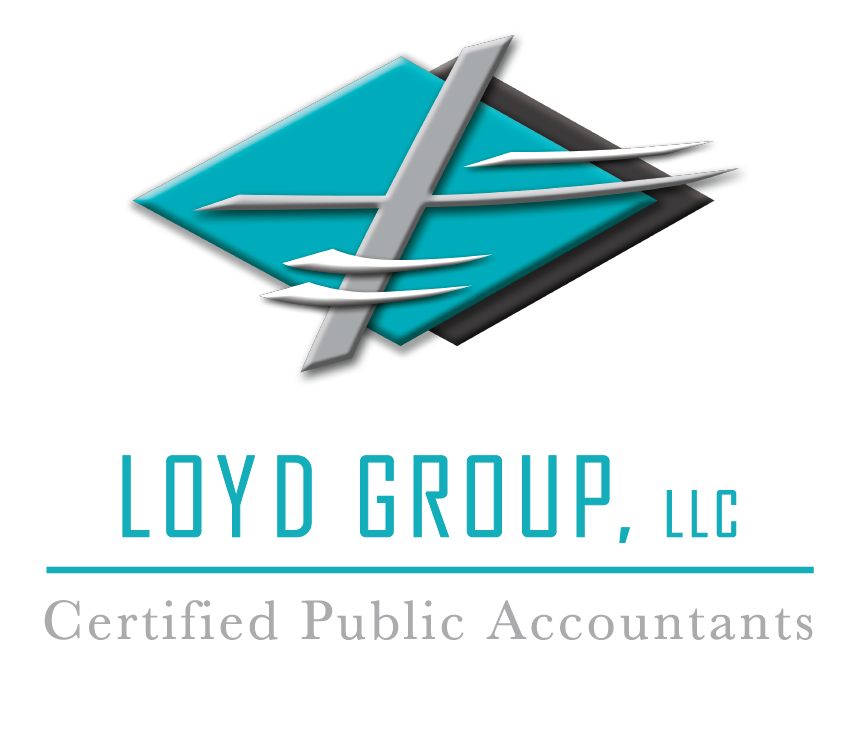When is an audit required in the
State of Kansas?
Per the KMAAG:
K.S.A. 75-1120a requires that financial statements in municipal audit reports be presented in accordance with accounting principles generally accepted in the United States ofAmerica (GAAP). A resolution waiving the GAAP requirement may be passed by the municipality, however, under K.S.A. 75-1120a(c), if the GAAP financial presentation requirement is waived, the municipality is required by K.S.A. 75-1120a(c) to present its financial statements "on the basis of cash receipts and disbursements as adjusted to show compliance with the cash basis and budget laws of this state." Thus, there are only two types of financial statement presentations that are acceptable for Kansas municipalities subject to these state laws:1) GAAP basis financial statements and 2) regulatory basis financial statements.
KMAAG, the Kansas Municipal Audit and Accounting Guide, is an audit and accounting guide for use in preparing municipal government financial statements and conducting municipal audits in the State of Kansas. It is mandated by K.S.A. 75-1123.
KMAAG applies to all Kansas municipal audits or agreed upon procedures required to be conducted under the provisions of K.S.A. 75-1122, K.S.A. 10-1208, and K.S.A. 12-866
K.S.A. 75-1122 requires an all-funds audit if the municipality meets any one of the following three criteria:
1) annual gross receipts exceed $500,000
2) general obligation bonds outstanding in excess of $500,000, or
3) revenue bonds outstanding in excess of $500,000. An all-funds audit is an audit of all funds of the municipality
K.S.A. 75-1122 contains an agreed upon procedure requirement for municipalities that have aggregate gross receipts or bonded indebtedness in excess of $275,000 to $500,000.
Does your municipality need an audit? Contact us for further guidance and a free quote tailored specifically to your municipality!


